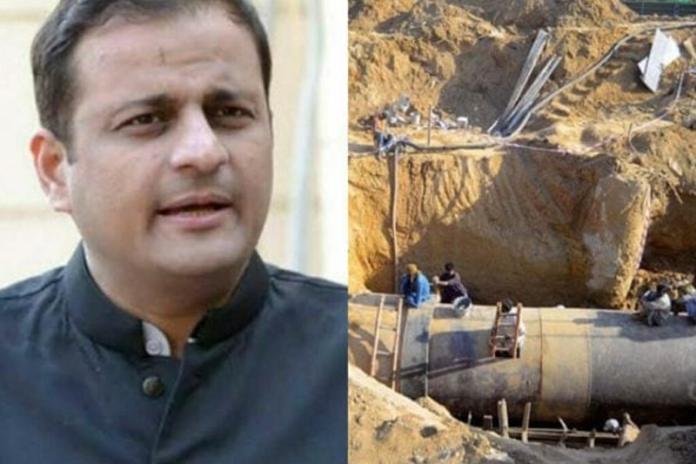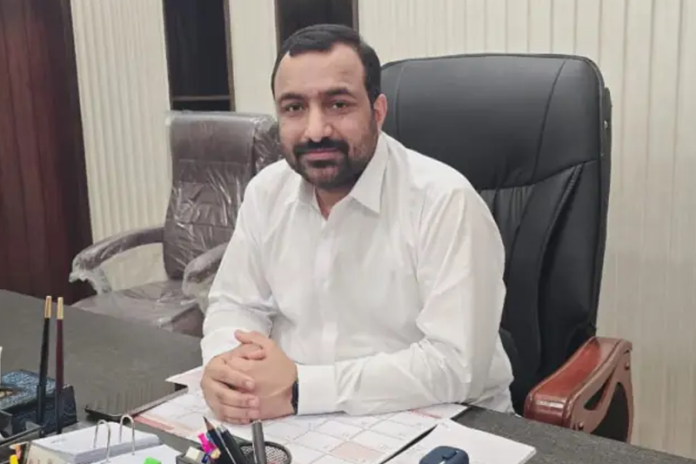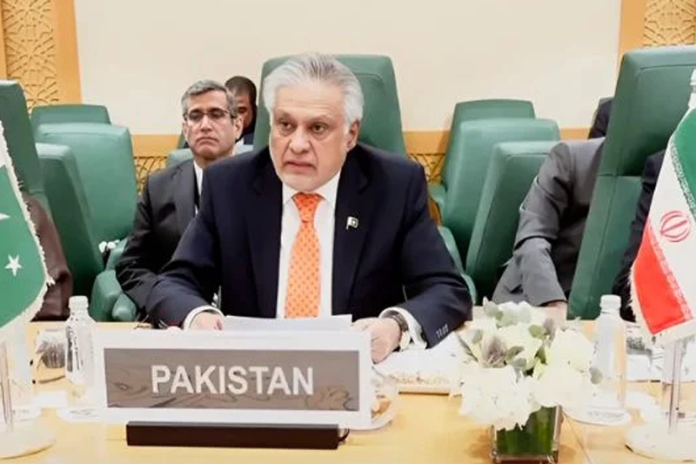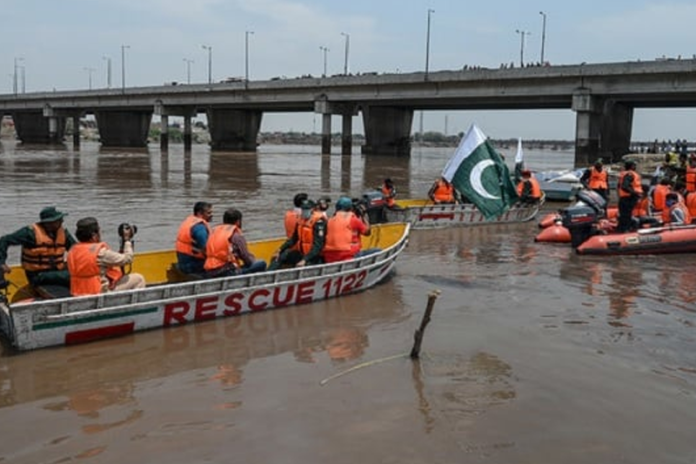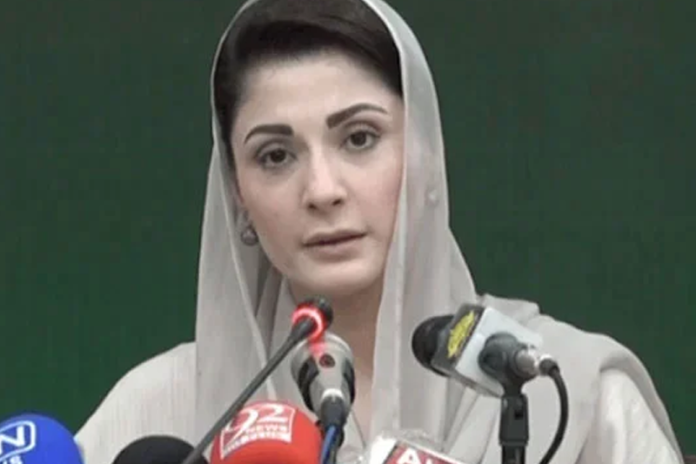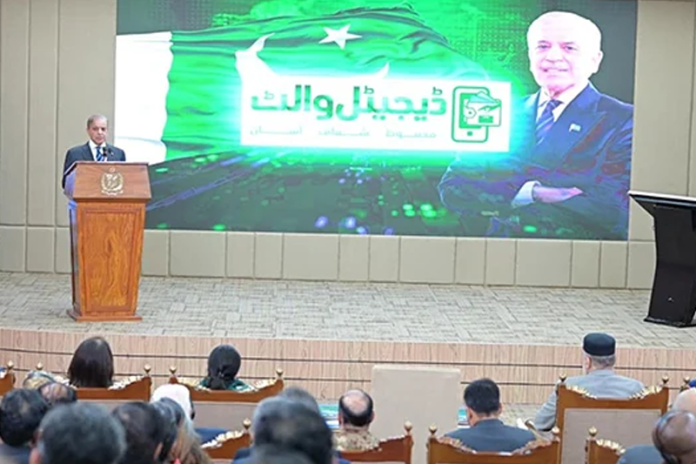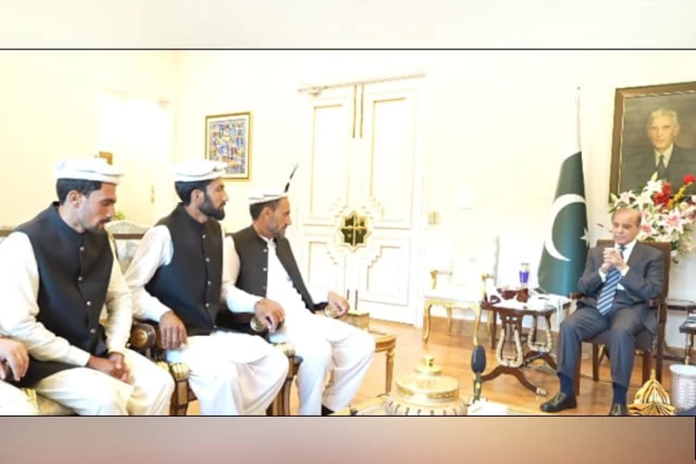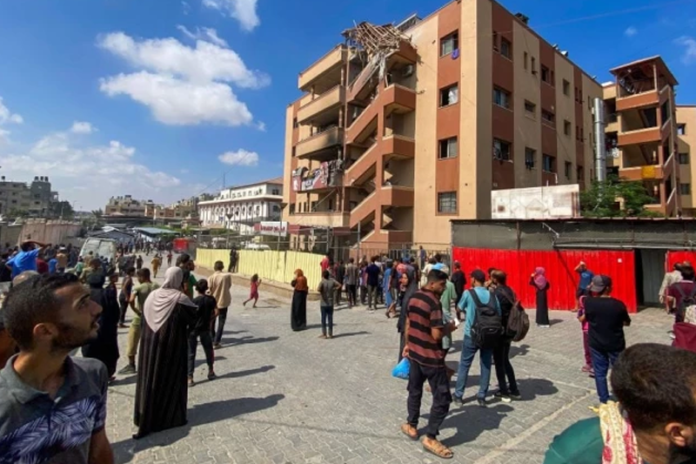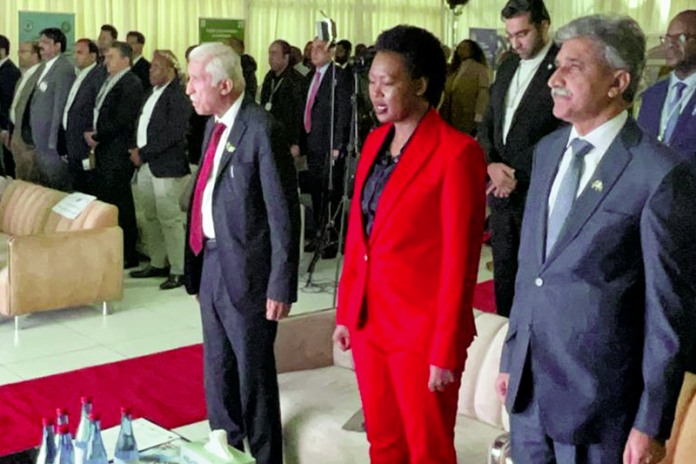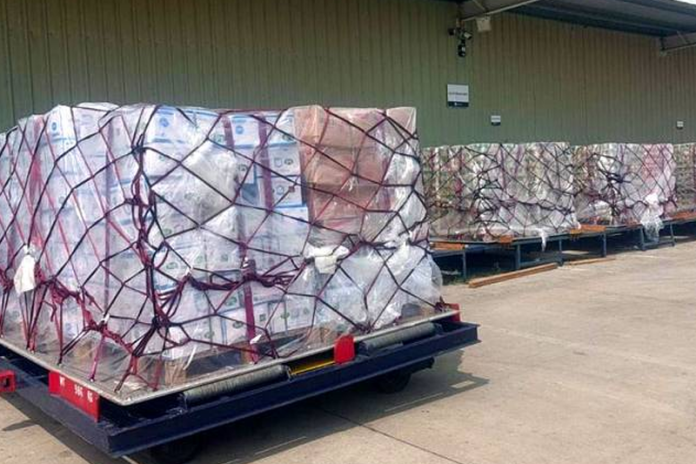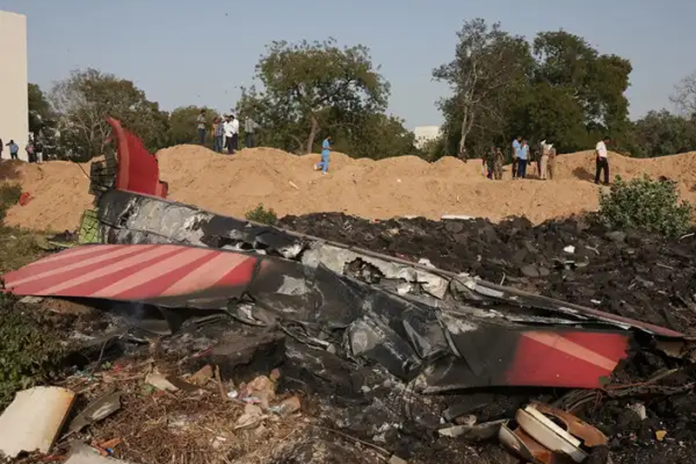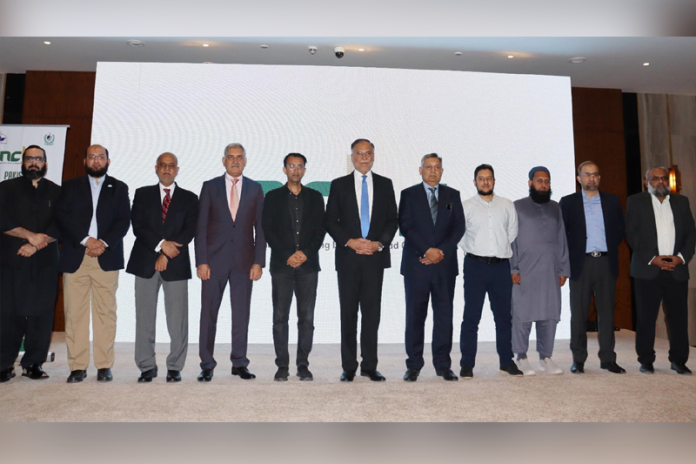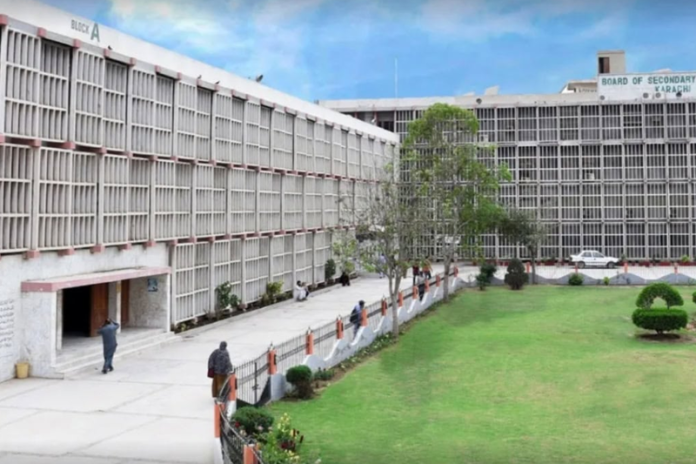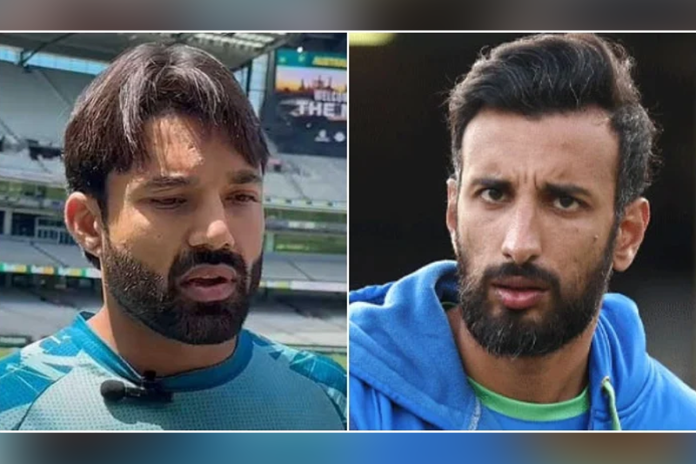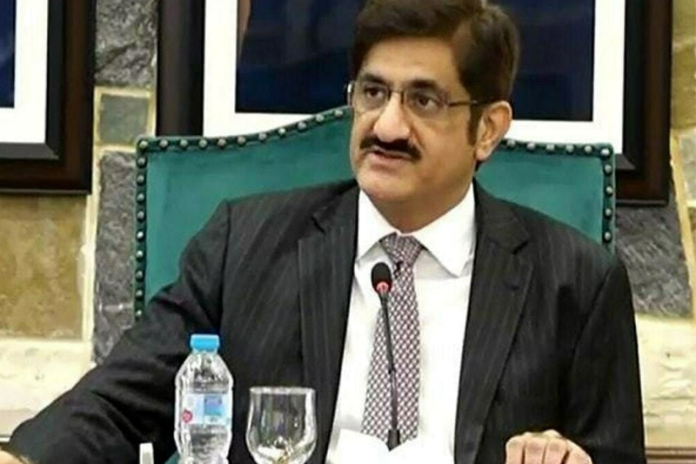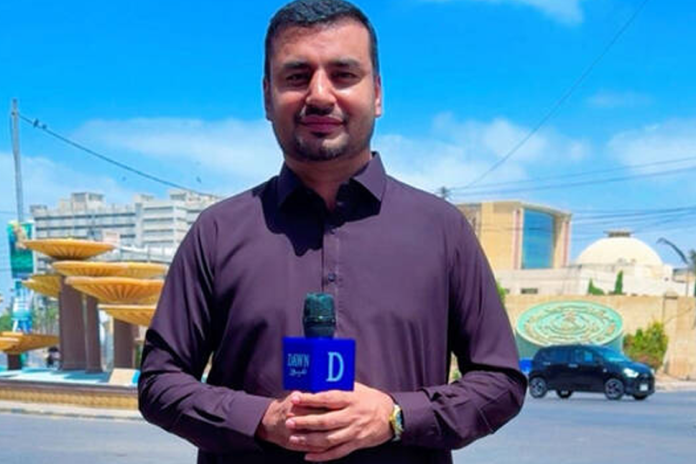Escalating Tensions: Israel-Hamas Conflict in October 2023
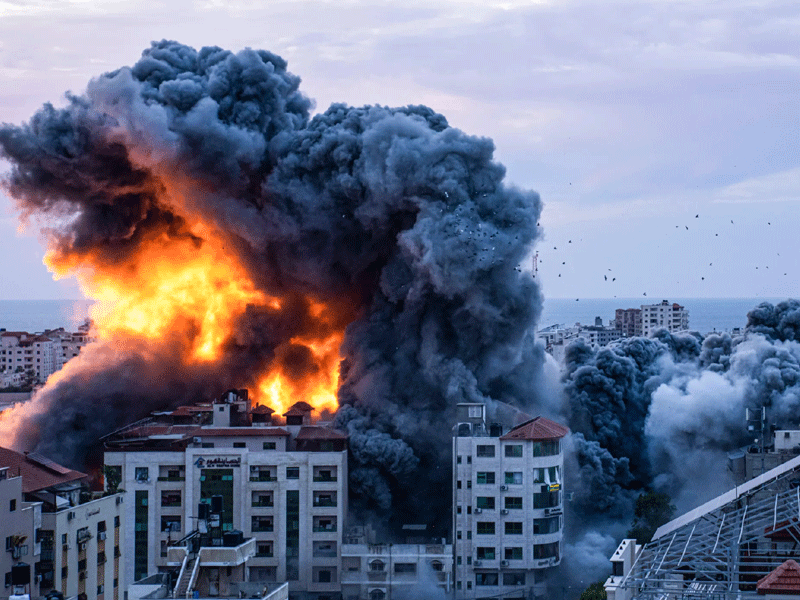
- 314
- 0
Introduction
In early October 2023, the long-standing Israeli-Palestinian conflict took a distressing turn as war broke out between Israel and Hamas, a militant Islamist group controlling the Gaza Strip since 2006. This conflict unfolded with a sudden and fierce Hamas attack on Israel, leaving hundreds of soldiers and civilians dead, wounded, and taken hostage. The Israeli response was swift, with the government officially declaring war against Hamas. The Israeli Defense Forces (IDF) received a directive to initiate a "complete siege" of Gaza. Since then, daily rocket exchanges have characterized the situation, with Israel ordering over one million Palestinian civilians in northern Gaza to evacuate in anticipation of a potential ground assault. Meanwhile, the Gaza Strip faces severe shortages of water, fuel, and supplies due to an Israeli aid blockade. The repercussions of this conflict extend beyond regional boundaries, raising concerns of cross-border strikes in Lebanon and Syria.
Historical Context
The Israeli-Palestinian conflict traces its roots to the late 19th century when tensions emerged over the contested territory in Palestine. The United Nations' Resolution 181, the Partition Plan, in 1947 sought to divide the British Mandate of Palestine into separate Arab and Jewish states, eventually leading to the establishment of the State of Israel in 1948. However, the conflict continued, with the displacement of 750,000 Palestinians and the division of the territory into Israel, the West Bank, and the Gaza Strip.
Tensions persisted as Israel engaged in hostilities with neighboring countries like Egypt, Jordan, and Syria. The Six-Day War in 1967 resulted in Israel's territorial gains, including the Sinai Peninsula and the Gaza Strip from Egypt, the West Bank and East Jerusalem from Jordan, and the Golan Heights from Syria. The Yom Kippur War in 1973 witnessed another conflict, though without significant territorial changes, and led to the Camp David Accords in 1979, ending the 30-year conflict between Egypt and Israel.
While the Camp David Accords improved relations between Israel and its neighbors, the issue of Palestinian self-determination remained unresolved. In 1987, the first intifada erupted, followed by the Oslo Accords in 1993, which set the framework for Palestinian self-governance in the West Bank and Gaza. The Oslo II Accords in 1995 expanded these agreements and mandated Israel's withdrawal from several West Bank cities and towns.
In 2000, the second intifada was triggered by Palestinian grievances over Israel's control of the West Bank and the stagnant peace process, further leading to the construction of the controversial barrier wall around the West Bank by Israel. Factionalism among Palestinians flared up when Hamas won the Palestinian Authority's parliamentary elections in 2006, deposing Fatah. Violent confrontations ensued, but in 2014, Fatah and Hamas entered into a unity government.
In the summer of 2014, a military confrontation between Israel and Hamas led to a ceasefire brokered by Egypt, following extensive casualties on both sides. Subsequent violence in 2015 saw Palestinians announcing that they would no longer abide by the territorial divisions outlined in the Oslo Accords. In 2018, protests in the Gaza Strip escalated, leading to further disunity between Fatah and Hamas.
In May 2018, fighting resumed between Hamas and the IDF, making it the worst period of violence since 2014. Before a ceasefire was reached, militants in Gaza fired over a hundred rockets into Israel, with Israel responding by striking over fifty targets in Gaza.
In August and September 2020, the United Arab Emirates and Bahrain agreed to normalize relations with Israel, known as the Abraham Accords. However, this development was met with rejection from Palestinian leaders.
Tensions in East Jerusalem
In October 2020, an Israeli court ruled that several Palestinian families living in Sheikh Jarrah, a neighborhood in East Jerusalem, were to be evicted by May 2021, leading to protests and confrontations. In late April 2021, Palestinians began demonstrating to protest the pending evictions, which escalated in May following a court ruling in favor of evictions. This sparked clashes in Jerusalem, leading to violence at the al-Aqsa Mosque compound, where Israeli police used force against demonstrators. The situation escalated further, affecting East Jerusalem, particularly during Jerusalem Day.
On May 10, after a series of violent incidents in Jerusalem, Hamas and other Palestinian militant groups launched hundreds of rockets into Israeli territory. Israel responded with artillery bombardments and airstrikes, targeting Hamas and Palestinian Islamic Jihad, as well as non-military infrastructure, including residential buildings, media offices, and healthcare facilities.
Ceasefire and Concerns
After 11 days of fighting, a ceasefire was brokered by Egypt on May 21, 2021, with both sides claiming victory. The conflict had caused substantial casualties, displacing tens of thousands of Palestinians and resulting in significant damage.
Fast forward to October 2023, the Israeli-Hamas conflict marks a significant escalation in the ongoing Israeli-Palestinian conflict. Concerns have arisen about the loss of life, the potential involvement of external actors like Iran, and the risk of the conflict expanding beyond Israeli and Palestinian borders. Reports of IDF operations within Lebanon, where Hezbollah is based, further raise concerns about the potential involvement of this militant group. The conflict has disrupted efforts to broker normalization agreements between Israel and other Middle Eastern countries, such as Saudi Arabia, who advocate for the rights and safety of Palestinian populations.
Recent Developments
In late December 2022, Israel saw the inauguration of what is described as the most far-right and religious government in its history, led by Benjamin Netanyahu. The government comprises a coalition of ultra-Orthodox and far-right parties, with a focus on expanding Israeli settlements in the West Bank. This government has also endorsed discrimination against the LGBTQ+ community and limited judicial oversight of the government.
Throughout 2022 and the first nine months of 2023, the region experienced a steady rise in violence, with daily incursions into the West Bank and the approval of thousands of new settler homes, considered illegal under international law. The Israeli military intensified operations, further fueling tensions in the West Bank and leading to the battle between Israel and Gazan militants in May 2023, followed by a large-scale raid in the Jenin refugee camp in July.
The recent October 2023 conflict highlights the complex and volatile nature of the Israeli-Palestinian conflict, with deep-rooted historical grievances, evolving political dynamics, and the involvement of various actors. The world watches with concern as the region grapples with the consequences of this escalation, while the search for a lasting peace remains an ongoing challenge.
Published in The Daily National Courier, October, 24 2023
Like Business on Facebook, follow @DailyNCourier on Twitter to stay informed and join in the conversation.



